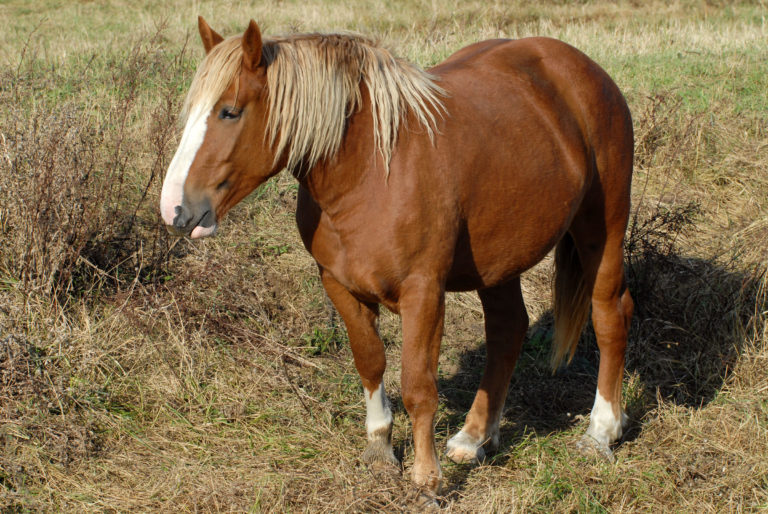
On May 16, 2018 The Virginia Department of Agriculture and Consumer Services (VDACS) confirmed a diagnosis of equine herpesvirus myeloencephalopathy (EHM) in one horse at a sport horse farm in Fauquier County in northern Virginia.
The horse first showed mild neurologic signs on May 10 and was admitted directly into isolation at the Marion DuPont Scott Equine Medical Center on May 16. The Equine Medical Center is not under quarantine and is operating normally. The farm in Fauquier County is under quarantine and all exposed horses are being monitored twice daily for fever (temperature over 101.5 F) and other clinical signs.
The horse had not travelled off the farm prior to exhibiting clinical signs.
The Equine Disease Communications Center Biosecurity web pages equinediseasecc.org/biosecurity have more information on best practices for disease prevention in horses and VDACS has more information on EHV-1 at vdacs.virginia.gov/animals-equine-herpes-virus.shtml.








